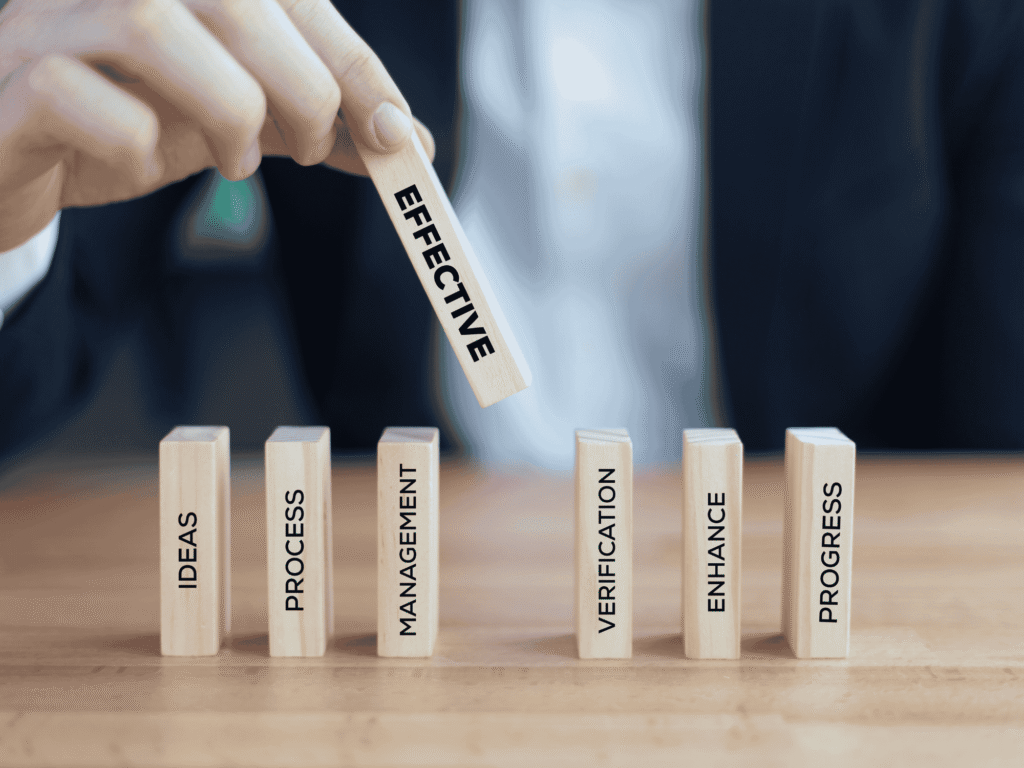Efficiency is the ability of how one can produce or finish something without wasting materials, time and energy; it is the ability to produce using the least input. Input comes in different forms. It can be in the form of energy, money, time and other various raw materials in a company or organization. Efficiency, therefore, is fully described as to how a person maximizes the output of his own with less amount of input. With this kind of trait, or let’s just say ability, a company is expected to use the limited recourses to maximize their production. Efficiency ensures that the output is achieved in the best and cheapest way.
The ability to achieve output at its best but required not many dictates that an operation in a company or an organization must be done in a precise manner. The staff or the employer in that certain company must spend the least time doing their duties knowing that their given time is a limited resource. The manager himself must also ensure that communication in an organization takes the shortest and most direct way to the intended people.
Also, the manner of documentation of a company must be chosen well to save time. Efficiency is also concerned with the strategy implementation of the organization, and of course, its run process. A company must design its strategies and implement them within a short time to determine whether the staff or employees are capable or not. The company can and or should use their available resources to implement their policies and other strategies.
That certain company must maximize its output for efficient operation; it must have the capability of optimizing the production since efficiency is mainly concerned and focused on the yield. It focuses on how to reduce the company such as wages and other kinds of expenditures, to realize maximum yield in a company.
Now, on the other hand, effectiveness refers to a long-term assessment of how something or we could say how that output is a success in providing the result. The result might not be exact as to what is originally planned, but we look after its closeness as to how the result can be taken as a success. Based on the results, the employer or the one that is responsible can determine whether the means they used in their production is sufficient enough to be employed in the future. If efficiency deals with strategy implementation, effectiveness deals with strategy formulation. In any way of attempting to improve the productivity of a company, the long-term results must always be monitored and new methods of production must also be formulated.
The development of new strategies is an advantage to the company over other competitors. The preference of the customers or clients changes over time, and therefore, to keep those original ones plus the new ones, accompany must satisfy the customers’ wants. A company must focus on doing things accurately to be effective. The means of producing goods must focus and be concerned with producing desired end products that’s why research should be conducted to know what the customers expect and want.
Both efficiency and effectiveness play a big part but a crucial role in the business industry because it’s a big competing environment after all. Efficiency measures the amount of every resource that is put into the production in a company so that expenses can be controlled to realize maximum profit while effectiveness, on the other hand, helps a company know how to relate to other firms and compete effectively in the market. Therefore, both efficiency and itseffectivity must complement each in the management of the company.


